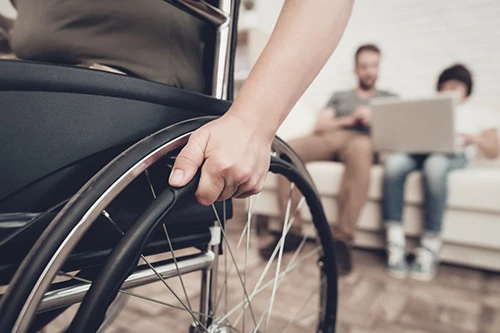The school year has ended and the temperature is rising, providing ample opportunities for children to soak up the sun and get physical. Of course, what comes with activities and heat are potential health risks, so you need to ensure that your child adheres to several safety tips, whether they are indoors or in the summer heat.
1. Practice Water Safety
Swimming is a great way to cool off while exercising, but this particular activity can lead to accidents, injuries, and illness. When children are near or in any recreational body of water:
- They need to follow all pool rules. This means no roughhousing, diving on the shallow end, or running near the pool.
- There must be close supervision of the children, to prevent drowning and injuries.
- Adults should work to prevent recreational water illnesses, which can be caused by the chemicals and other substances that lurk in the water. Make sure to monitor all children and keep feces, urine, sweat, and dirt out of the pool. Take children on bathroom breaks.
- If boating, make sure that everyone wears a life jacket at all times.
2. Beware of Illness
While wintertime is often associated with illnesses, you should also be aware of summer illnesses. Some common summer illnesses include recreational water illnesses, poison ivy and oak, bug bite illnesses, food poisoning, and heat-related illnesses, all of which can be prevented. Make sure your child uses insect repellant, wears adequate clothing, drinks plenty of water, and practices good hygiene.
If a child contracts an illness that does not require emergency medical treatment, encourage them to stay indoors to prevent spreading.
3. Be Cautious of the Sun
While the sun is known to improve moods, it can also be harmful to children if you’re not prepared. Multiple sunburns can lead to increased risk of skin cancer later in life, so it’s best to take the following steps in protecting your child (and yourself) from sun damage:
- When possible, stick to shade, especially around noon, as the sun is highest at midday.
- Encourage your child to apply sunscreen with an SPF of at least 15, and make sure that they are thorough with the application. Include the ears, nose, and feet 30 minutes before going outside.
- Have your child wear clothing that covers up or shades the skin, when possible. This includes hats as well as long-sleeved shirts and pants.
- Avoid dehydration by drinking plenty of water. Your child should always have a bottle of water on hand, especially when outdoors.
4. Teach Your Children
Sit down and speak to your child regarding various risks. Teach them to swim (or seek a professional trainer), to properly use various safety equipment, to avoid suspicious and wild animals, etc.
5. Protective Equipment Play an Important Role
At summer camps, home, or anywhere in between, protective equipment is essential for activities. Encourage your children to wear protective equipment when appropriate, and make sure that the equipment is of high quality. Furthermore, if your children are at summer camp, investigate the equipment used at these camps and determine if the equipment is safe for use.

